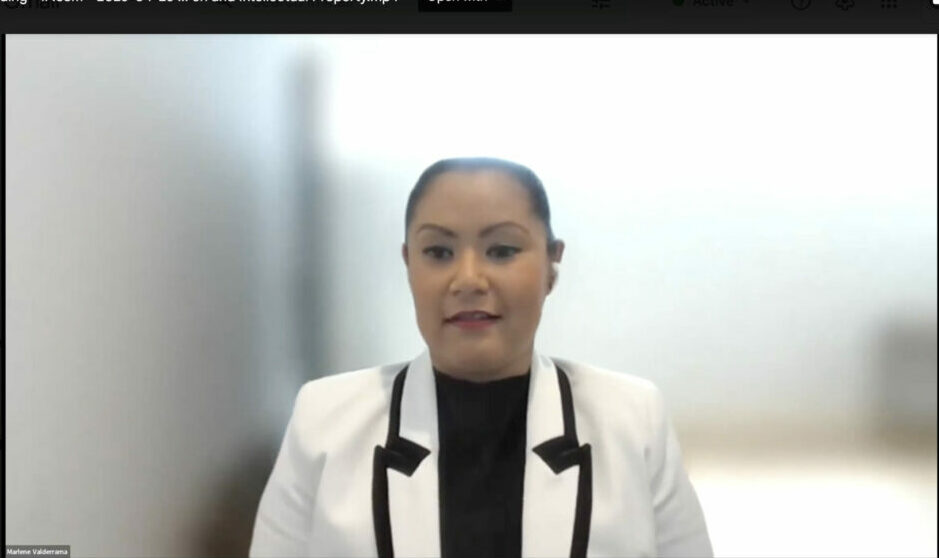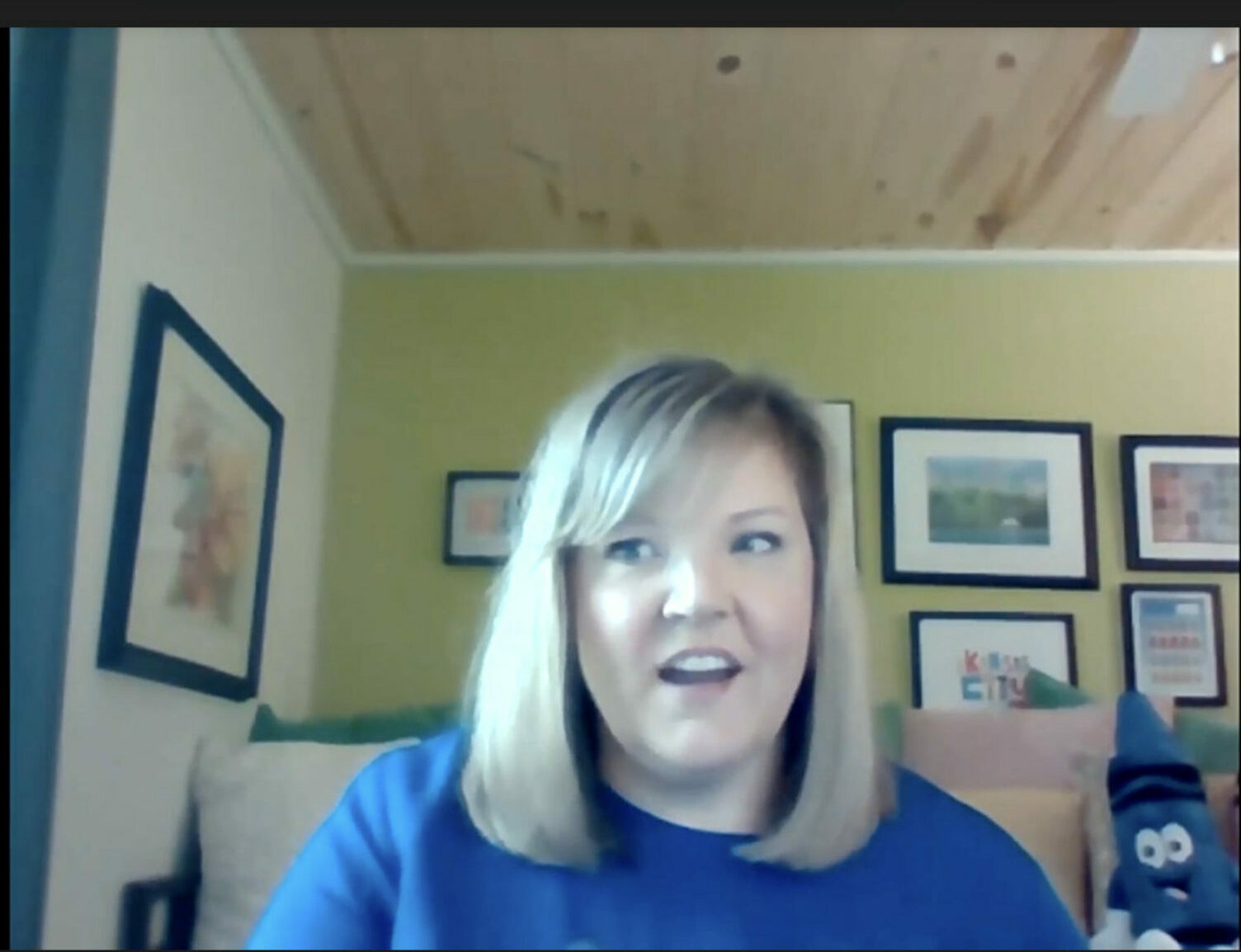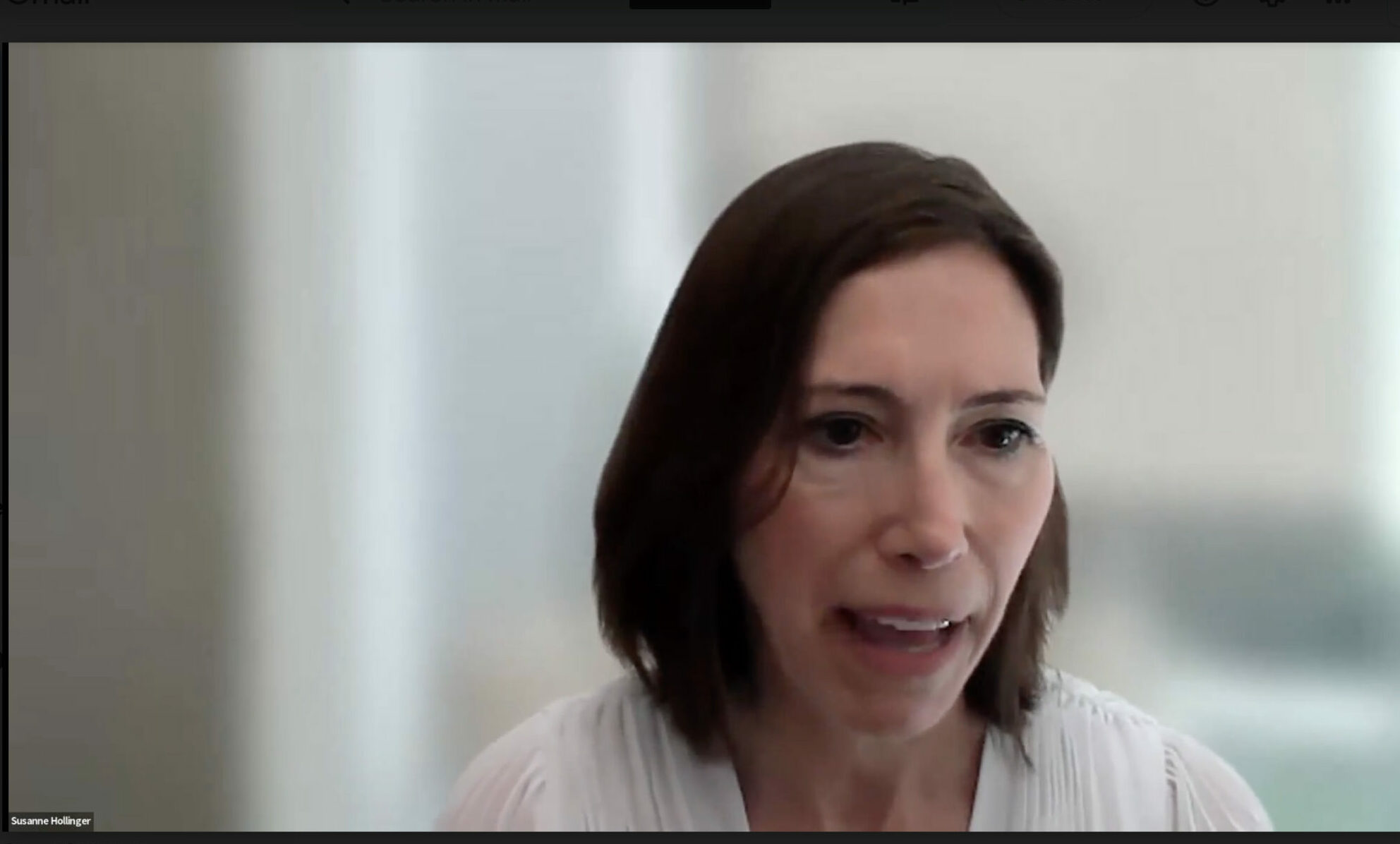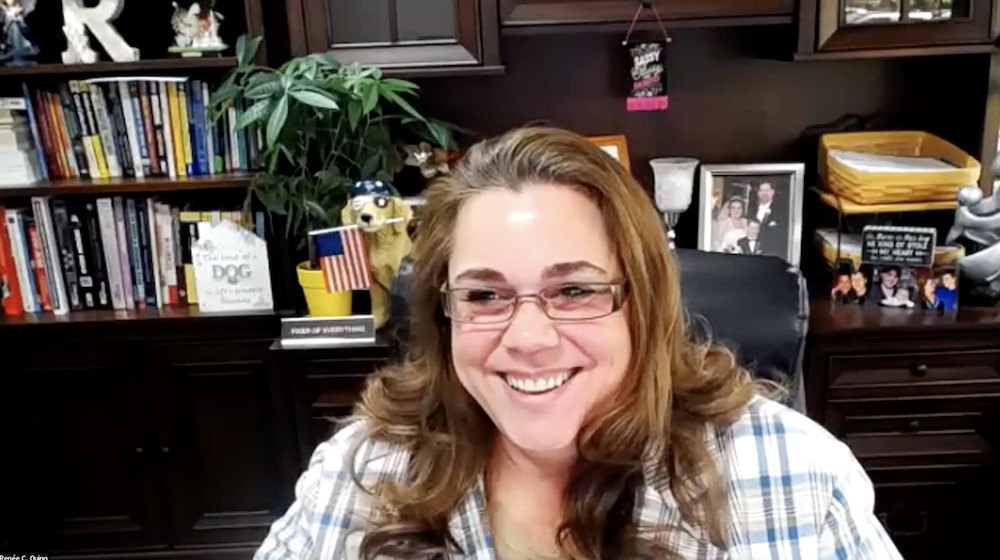“I think what we need to remind young women coming up in the sciences and looking into the legal profession is that your technical mind is your biggest asset, and you don’t need to be pigeon-holed into just chemistry or just biology. You can apply that in different areas.” – Alison Erickson
In honor of World IP Day 2023, IPWatchdog yesterday hosted a webinar titled after this year’s theme, “Women and Intellectual Property: Accelerating Innovation and Creativity.” The webinar was sponsored by IP.com and focused on the many ways that advocates for the U.S. intellectual property system can actively create an environment for young professionals to begin thinking about how they can approach careers in the field of IP law.
Leading the charge was Renee Quinn, Chief Operating Officer of IPWatchdog, who has handled the business side of IPWatchdog, Inc. for the past 16 years. She was joined by Alison Erickson, Assistant General Counsel, Hallmark; Susanne Hollinger, Chief Intellectual Property Counsel, Newell Brands; and Marlene Valderrama, Senior IP Assets Manager and Lead Technology Scout, Halliburton.
Broad Scope of IP Work Means Junior Women Can Enjoy Careers Crossing Subject Matter

Marlene Valderrama
While each panelist took a different path toward their current career in the intellectual property field, they each discussed a few common denominators that helped them begin to build their IP careers. Valderrama spoke about her gratefulness that her early mentors and managers at Halliburton encouraged her to ask questions and voice her opinion on whatever subject matter was being discussed by her team. Hollinger agreed that such encouragement was critical in the early stages of a career, adding that the isolated environment for women in IP fields makes it difficult to strike the proper balance in how to present oneself and one’s own opinions confidently. Particularly for junior women in IP roles and on inventor teams, Hollinger acknowledged that it can be intimidating to claim inventorship, especially in larger teams.
Along with receiving good mentorship, Erickson said that it was important to address career mindsets based on a lack of knowledge as to the breadth and scope of a career in intellectual property. She explained:
“I thought being a chemist, I had to go into chemistry, and I thought if I was a chemist and I went into patent law, I was going to write chemical patents all day long. No one explained to me that some of my first patent applications were going to be computers and telecommunications and mechanical… I think what we need to remind young women coming up in the sciences and looking into the legal profession is that your technical mind is your biggest asset, and you don’t need to be pigeon-holed into just chemistry or just biology. You can apply that in different areas.”

Alison Erickson
While the subject matter of intellectual property is incredibly broad, Quinn also pointed out that there are many paths toward a career in IP that does not necessarily include law school. These many paths are available, Quinn said, because of the incredible array of everyday activities that are impacted by intellectual property. “Most people that aren’t in the field don’t realize just how much it affects everybody,” she said. “You take a photo, it affects you. You write a song, it affects you.” Quinn also pushed back on stereotypes surrounding women with children in IP fields, noting that, while motherhood often comes up as a challenge in webinars with patent professionals, her own experiences have shown her that motherhood improves the ability to juggle many different types of work and build oneself into a stronger role model.
Creating an environment for more genuine communication is one way that executives can promote junior women in IP and stoke their interest in IP. Erickson discussed her efforts at hosting innovation harvesting sessions, which invite conversations on corporate innovation outside of the confines of formal invention disclosures, with groups of diverse participants. Hollinger added that another effective way to promote junior women is to find opportunities for them to present work from their inventor teams to senior management at their companies.
Connect With Local Schools to Find Opportunities to Mentor Young STEM Professionals
One way to reach young individuals and begin fostering mindsets for IP and innovation among girls in grades K-12 is to volunteer time visiting science and math classes at local schools, Valderrama opined. She discussed her own experience working with a business lab for high school students where she was able to direct the attention of a girl student designing shoes toward the copyright and trademark protections that student may want to obtain for her designs. Valderrama noted that potential mentors could easily find such opportunities by discussing any connections to local schools held by their company or law firm. Several panelists also agreed that hosting a girls’ career day at their firm or corporate legal department would also provide an opportunity to instill within girls a potential career in STEM fields or IP law later on in life.
Overall, helpfully introducing IP topics into everyday conversations with friends, acquaintances and family members increases awareness of the field’s importance among those who might never otherwise engage with IP. Erickson discussed one teachable moment with her daughter, who told Erickson at a very young age that her grandparents were going to get her a “coffee” of a classical music CD that Erickson’s daughter enjoyed. “We had to have a long discussion that it wasn’t ‘coffee’ and we do not do illegal copying of other people’s work,” Erickson recounted. In volunteering with a local Girl Scout troop, Erickson noted that her Scouts often confuse copyright and trademark issues, giving her more opportunities to engage with them on IP subjects.
Despite DEI Policies, Implicit Workplace Bias Concerns Remain

Susanne Hollinger
While moderating the panel, Quinn ran a series of polls asking webinar attendees for their input on several issues related to women in IP careers. Most notable were results showing that, although 71% of respondents indicated that their companies had diversity, equity and inclusion (DEI) policies in place, 85% of webinar participants also felt that implicit biases within the workplace need to be better addressed. “I think the way to pull those biases out is to shine a light on them,” Hollinger said. “If you’re an all-female group and you’re working at a tech company as sort of a unicorn, you might as well showcase that you’re a unicorn.”
World IP Day was designated by the member states of the World Intellectual Property Organization (WIPO) in 2000 as April 26 (the day the WIPO Convention came into force in 1970).

![[IPWatchdog Logo]](https://ipwatchdog.com/wp-content/themes/IPWatchdog%20-%202023/assets/images/temp/logo-small@2x.png)


![[Advertisement]](https://ipwatchdog.com/wp-content/uploads/2024/04/Patent-Litigation-Masters-2024-sidebar-early-bird-ends-Apr-21-last-chance-700x500-1.jpg)

![[Advertisement]](https://ipwatchdog.com/wp-content/uploads/2021/12/WEBINAR-336-x-280-px.png)
![[Advertisement]](https://ipwatchdog.com/wp-content/uploads/2021/12/2021-Patent-Practice-on-Demand-recorded-Feb-2021-336-x-280.jpg)
![[Advertisement]](https://ipwatchdog.com/wp-content/uploads/2021/12/Ad-4-The-Invent-Patent-System™.png)







Join the Discussion
2 comments so far.
Renee C. Quinn
April 26, 2023 05:59 pmThanks anon. I really enjoyed taking in the roll of moderator for this one. The overall atmosphere of the panel and our guests was positive, making the entire experience of sharing the stage with and celebrating these amazing woman!
Anon
April 26, 2023 02:47 pmKudos to all!